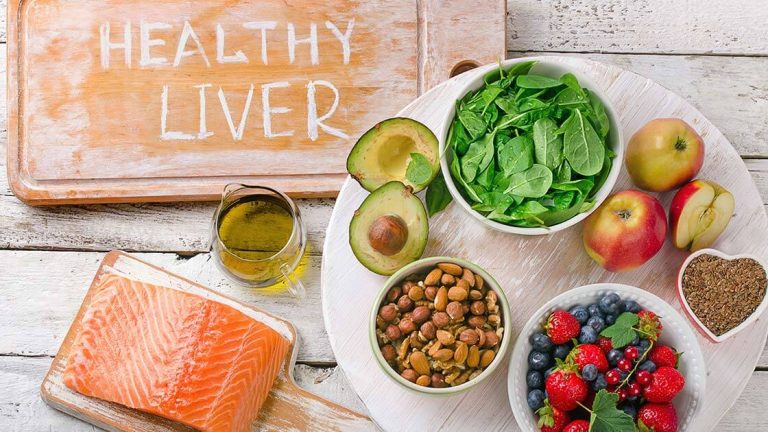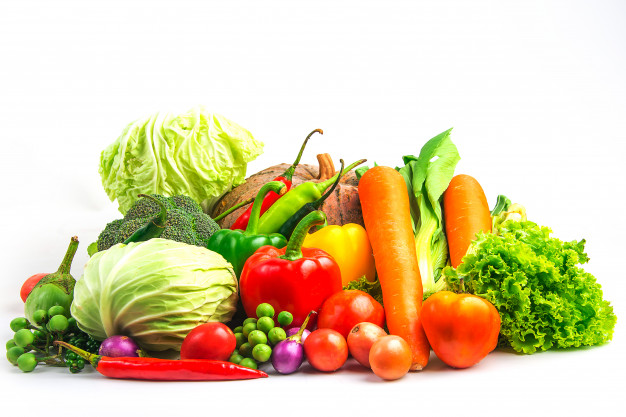After the brain, our liver is the second largest and most complex organ in the body responsible for toxic detoxification and blood filtration from the digestive tract before moving it on to the rest of the body. Our liver has a unique ability to regenerate itself, it secretes bile which is reabsorbed by the intestines. The liver also produces proteins needed for blood clotting and other functions. Our liver channelizes multiple critical functions like digestion, metabolism, and nutrient storage.
The importance of Liver
Our Liver-
- Defends against infections and sickness.
- Controls blood sugar, cholesterol levels.
- Helps in blood clotting.
- Breaks drugs, medication, and even alcohol.
World Liver Day is observed on April 19th. around the world to raise awareness about the importance of liver health and to encourage healthy liver care habits to promote liver health.
Common Liver Diseases
The liver is a delicate organ, here are the different diseases that impair its functionality-
Hepatitis A
The hepatitis A virus causes a highly infectious liver infection that can be transmitted by physical contact with an infected person, foods prepared by an infected person, and contaminated water.
Flu-like symptoms such as abdominal pain, reduced appetite, fever, light-coloured stools, diarrhoea, tiredness, dark yellow urine, and jaundice may all be signs of hepatitis A.
Hepatitis B
Hepatitis B is a liver infection caused by the hepatitis B virus that can be prevented with a vaccine (HBV). It is transmitted when an infected person’s bodily fluids reach the body of a healthy person. Fatigue, jaundice, nausea, vomiting, dark urine, and light stools are all symptoms of Hepatitis B.
Hepatitis C
Hepatitis C is a virus infection that causes inflammation in the liver. Commonly spread by haemodialysis and blood transfusion. Chronic hepatitis symptoms include muscle aches, loss of appetite, fever and fatigue.
Liver Cirrhosis
Loss of liver cells and a permanent scar on the liver are commonly observed in Cirrhosis. It is caused by viral hepatitis B and C. Alcohol is also a contributing factor. Loss of appetite, weakness, itching, jaundice, and fatigue are all symptoms of liver cirrhosis.
Alcoholic hepatitis
Alcoholic hepatitis is a chronic inflammatory liver disease that worsens over time among heavy drinkers. Fever, hepatomegaly, compromised liver functions are the symptoms.
Non-alcoholic fatty liver disease
Cirrhosis complications such as liver failure, gastrointestinal bleeding, and liver cancer may occur as a result of non-alcoholic fatty liver disease scarring. It is often seen as a fat build-up for people who don’t drink much alcohol.
Risk Factors for Liver Diseases
- Unhealthy lifestyle and eating patterns.
- Increased consumption of alcoholic drinks.
- High cholesterol-inducing junk foods.
- Overweight and Type 2 diabetes.
Liver Cleansing Tips
- Consume carrot, green leafy vegetables, garlic, grapefruit, apple, and walnuts.
- Use olive oil and turmeric.
- Use lemon and lime juice.
- Drink green tea.
- Prefer alternative grains (like Quinoa, Millet and Buckwheat)
- Add cabbage, broccoli, and cauliflower to your diet.
Guarding Liver Health with Gigadocs
Our liver is a vital organ for our well-being. Keeping it healthy is our responsibility. Don’t ignore any symptoms like stomach pain, diarrhoea, tiredness, decreased appetite, fever, dark yellow urine that makes you uncomfortable. Various tests determine our liver’s health like liver function panel, Hepatitis A, B, C tests, Prothrombin Time (PT) and Partial Thromboplastin Time (PTT) tests.
To know more about these tests, download the Gigadocs app and book your digital consultation with a Liver Specialist at a time convenient to you from the safe environs of your home.
Download Gigadocs App from-
- IOS App – apple.co/2W2iG4V
- Android App – bit.ly/33AQoRC
To know more and schedule a Virtual Consultation demo, Email, at info@gigadocs.com.




